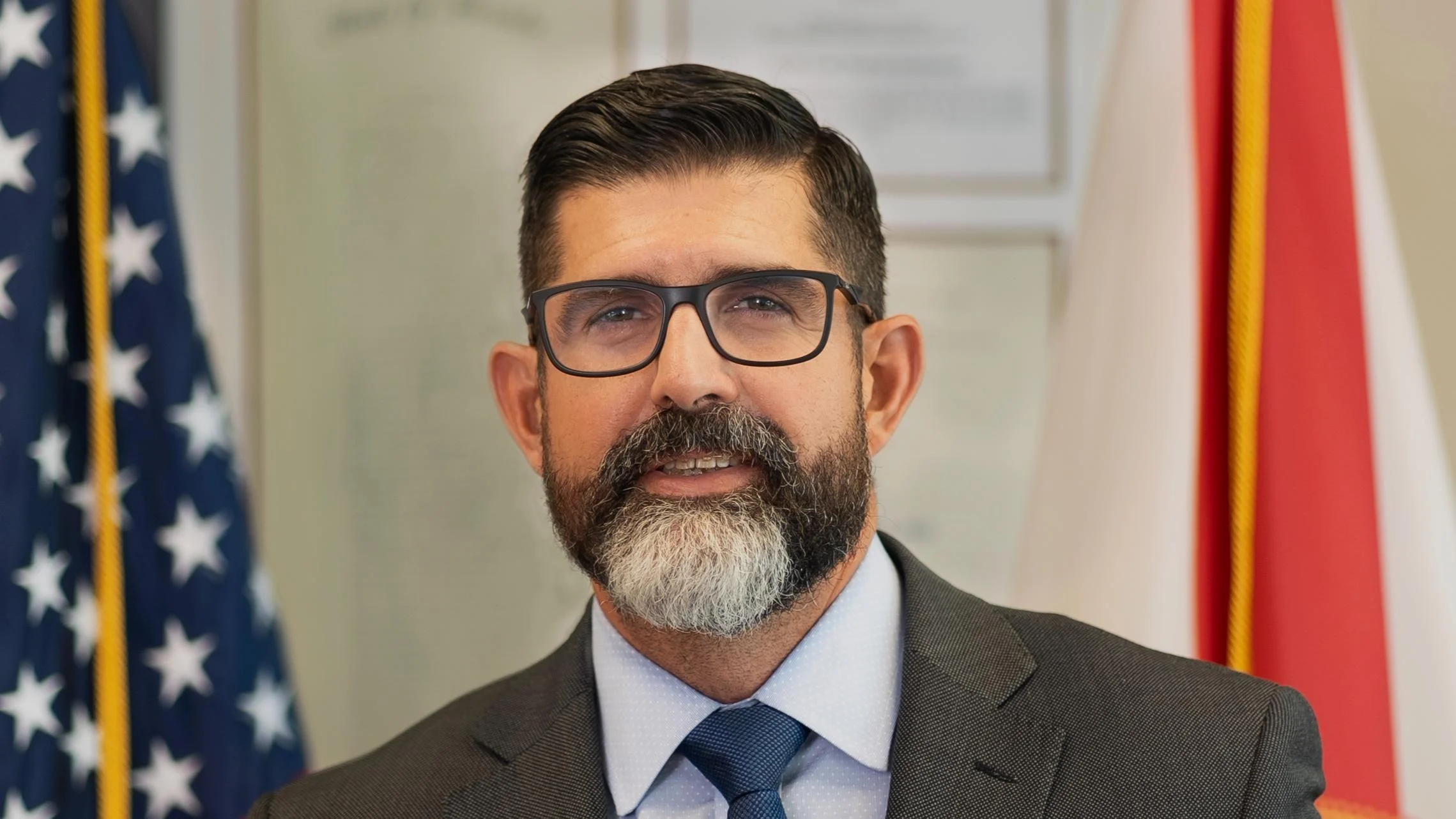
Connie Holthusen Senior Sales Manager | EdSurge Research
Writing a history that one helped to create can be challenging, as Anne Trumbore notes in her book “The Teacher in the Machine: A Human History of Education Technology.” As a key figure among the many "humans in the loop," she has played a significant role in making mass education accessible through technology.
Trumbore's journey began in 2004 at Stanford, working with Patrick Suppes on computer-assisted learning. She contributed to designing a web-based grammar program and later joined the team behind Stanford Online High School. Her career progressed to Coursera, NovoEd, and eventually leading Wharton Online at the University of Pennsylvania. Currently, she heads the online certificate program for lifelong learning at the University of Virginia’s Darden School of Business.
Anne Trumbore reflects on her contributions to transforming online education from an experimental concept into something perceived as 'innovative' and 'disruptive.' However, she acknowledges having inadvertently contributed to enriching wealthy institutions and individuals within this sector.
In her book, Trumbore explores edtech's origins with pioneers like Suppes, Donald Bitzer from the University of Illinois who developed PLATO, and Seymour Papert from MIT who researched artificial intelligence. These figures had differing visions for technology's role in education—Suppes saw it as an "individual Aristotle" guiding students through problems while Papert viewed it as a tool for student-led problem-solving.
Trumbore describes how edtech evolved under Suppes’ influence into large-scale models like MOOCs before aligning more closely with Papert’s vision using tools such as Scratch or ChatGPT. She also highlights concerns about prioritizing technology over teachers and commercialization over research-backed practices which often left vulnerable learners behind.
During an interview with EdSurge regarding her book’s insights on edtech approaches amid AI advancements like ChatGPT usage among college students offering free access by companies such as Google—she shares thoughts about personalization limitations without considering broader implications beyond knowledge transmission or engagement retention alone.





 Alerts Sign-up
Alerts Sign-up